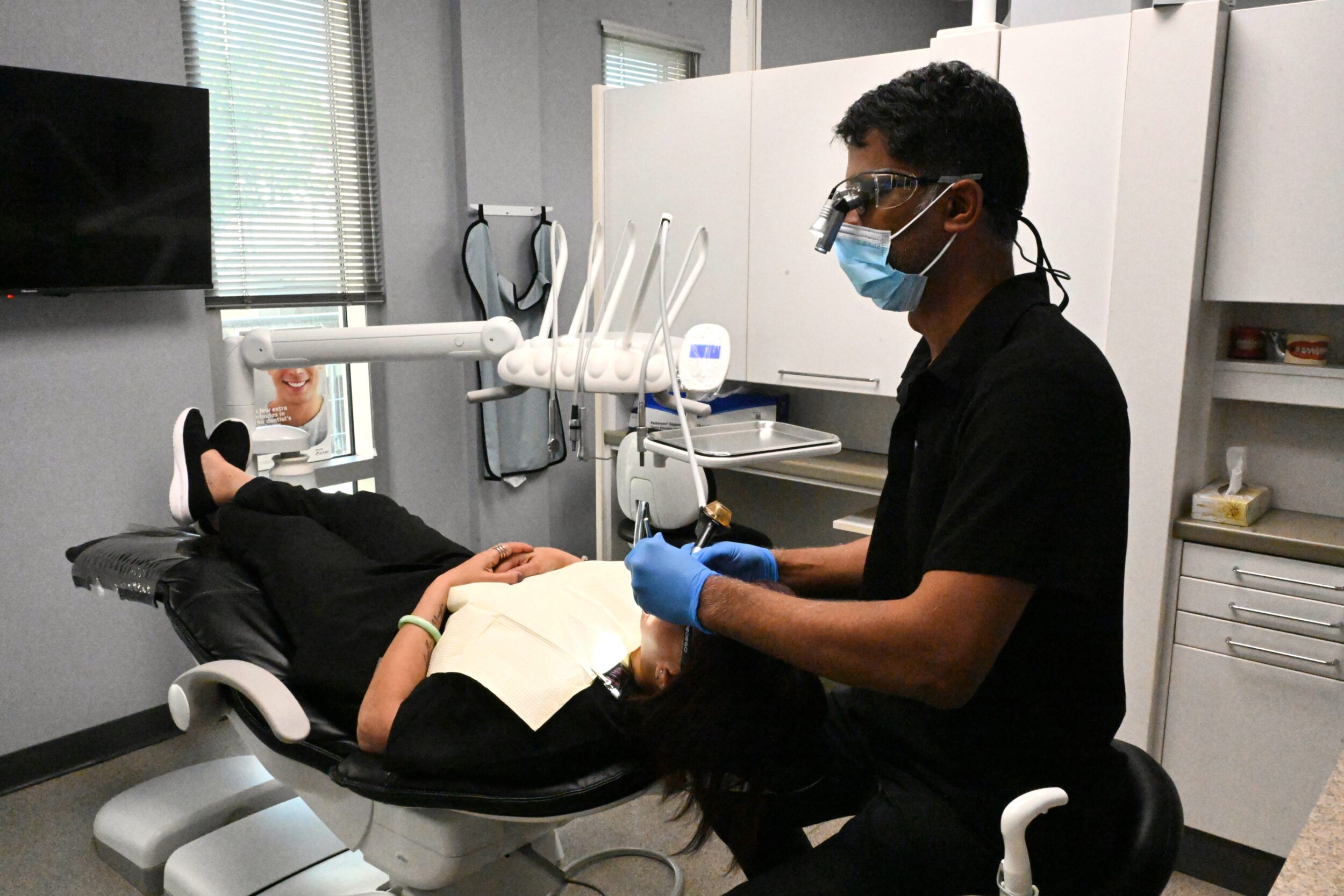Why Are Primary Teeth Important?
During the second trimester of pregnancy, primary teeth, or “baby teeth,” begin to develop below the gum line. Approximately six months to a year after birth, teeth begin to emerge above the gums. The majority of preschool children have a complete set of 20 baby teeth, including four molars on each arch.
Children’s primary teeth are often misunderstood as irrelevant to their oral health in the future. A baby checkup with a pediatric dentist should be scheduled within six months of a baby’s first tooth appearing, says the American Dental Association (ADA).

How do primary teeth function?
It can be painful to acquire primary teeth. It can be helpful to bite on chewing rings, wet gauze pads, and clean fingers to soothe tender gums. Although most three-year-olds have a complete set of primary teeth, eruption takes place gradually – usually starting at the front of the mouth.
Primary teeth serve the following functions:
Speech production and development
It is crucial for cognitive, social, and emotional development to be able to speak clearly. Primary teeth must be positioned correctly in order to facilitate correct syllable pronunciation and prevent the tongue from straying during speech production.
Eating and nutrition
A child with malformed or severely decayed primary teeth is more likely to suffer from nutritional deficiencies, malnutrition, and to be underweight. It takes a lot of practice and time to acquire proper chewing motions. Good chewing habits and nutritious eating are promoted by healthy primary teeth.
Having self-confidence
Children can point out ugly teeth and crooked smiles even at a very young age. It is important to take good care of primary teeth in order to make social interactions more pleasant, reduce the risk of bad breath, and support a confident smile and positive social interactions.
Straighter smiles
One of the primary functions of primary teeth is to provide adequate space for the development of adult teeth. Aside from facilitating the alignment of adult teeth, these spacers also contribute to the development of the jaw. The absence of primary teeth can cause the remaining teeth to “shift” and fill spaces improperly if left untreated. This is why pediatric dentists often recommend devices that maintain space.
Having excellent oral health
Having decayed primary teeth can lead to childhood periodontal disease. This condition causes oral bacteria to invade and erode gums, ligaments, and eventually bone. Primary teeth can fall out completely if left untreated, causing health and spacing issues for emerging permanent teeth. It is recommended that children practice an adult-guided oral care routine each day, and that infant gums be rubbed gently with a clean, damp cloth after meals in order to avoid the development of periodontal disease.
Please contact your pediatric dentist if you have any questions or concerns regarding primary teeth.